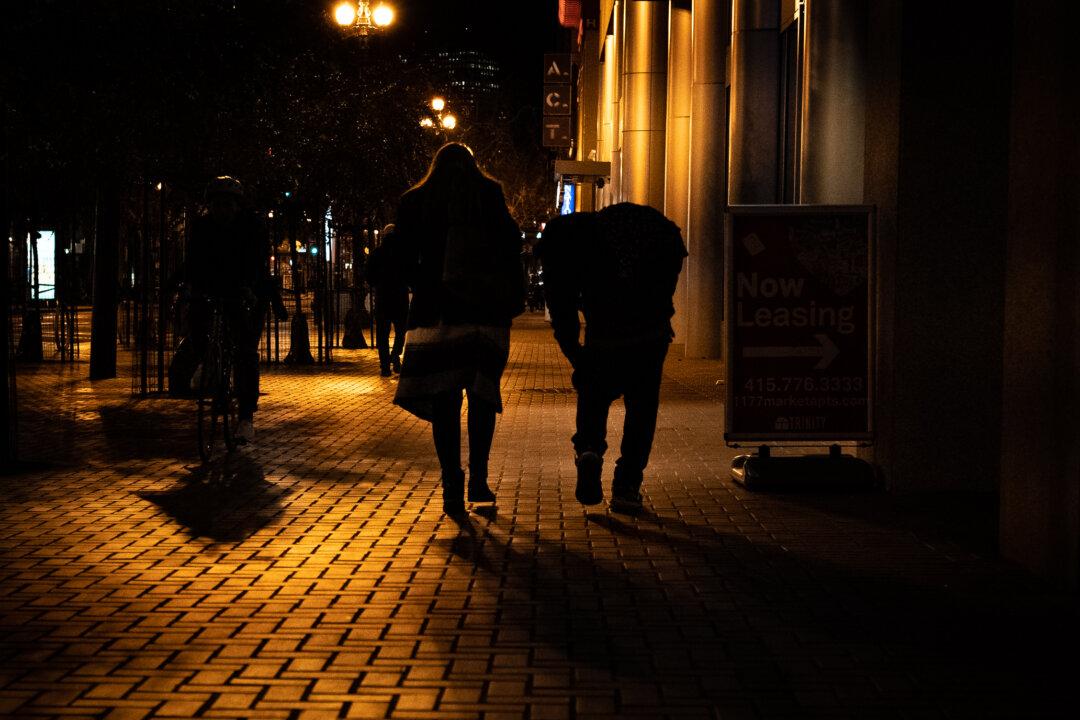Over the last two decades, San Francisco has paid the travel expenses home for about 11,000 homeless individuals, not from the area, to reduce its homeless population on city streets, under a program called Homeward Bound.
But since the COVID-19 pandemic, fewer are taking advantage of the program, perhaps, officials say because of a recent change in how it was administered.





